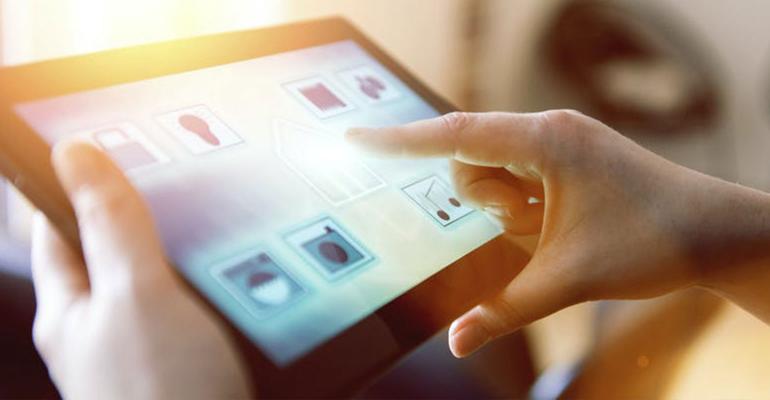Digitalisation has been a challenge for the maritime industry, but recently, we’ve seen more technologies being embraced by the industry, like blockchain, AI, and autonomous ships. With innovations entering ships and ports, however, the industry needs to make sure that these new machines are used and maintained correctly by officers on shore and on board.
We asked the experts about the effect of digitalisation on seafarers, and here’s what they had to say.
Watch the video or read the transcript below.
Stephen Cotton, General Secretary, ITF
“Digitalisation means an awful lot of potential change in all transport modes. But seafarers could probably look at […] as a challenge about what skills they have, how they respond to the changing face of the industry, what it means for training, what it means for welfare, what it means for communication. But we also need to recognise that with those changes, we need – and we’re [at the ITF] are saying this very strongly – unions [to] have a voice in managing transition, adding extra skills, adding extra quality of life. For seafarers, it’s got both: challenges and possibilities.”
KD Adamson, Futurist & CEO, Futurenautics
“Seafarers are affected by digitalisation the same way every individual on the planet is affected by digitalisation. It’s changing the way we live our lives. Particularly for those seafarers in the millennial, Gen Y and Gen Z generations, they are digital natives, so it has a profound effect on the way the maritime industry operates because we have a generation of people who are coming up the ranks, and our ships and the shore, who really expect to live life in a completely different way and we need to facilitate that if we were to keep them and engage them.”
John Lloyd, Chief Executive Officer, The Nautical Institute
“Digitalisation is affecting seafarers in many ways, but particularly to do with their on-board navigation and communications with the shore. It’s important that we give seafarers the skills to deal with that effectively and I think it will become most prominent in their communications about cargo, estimated times of arrival, and the voyages that they’re on. So, using effectively digital media is really important for the seafarers of today, and increasingly tomorrow.”
Alexander Avanth, Future Education Specialist, DareDisrupt
“So, there’s a saying that ‘software is eating up the world’. My take on this is that it will also eventually drink up the sea. It’s going to cause massive changes in how we both work and live both at sea and on land. On the personal side, I believe that seafarers will actually feel more connected with families and connected to life at home. But on the work side, it’s going to be challenging because of automation. There are two gaps that are emerging. Either you are arms and legs, so you will take care of the complex tasks that robotics and automation won’t be able to carry out, and then there’s the high complexity side, where you will be a master of a machine, and you will have a complete overview of the processes and data operates within the automation processes and algorithms in the ship.”
Mark Woodhead, Senior Vice President, KVH Videotel
“I think [seafarers] are affected in all parts of their lives both on the work and operations side but also on the crew welfare side. They have an expectation that when they go to sea, they will get connectivity, access to the internet, access to services similar to what they have at home. And I think that operationally, they should also expect software and applications that they use in the office, they can also use while they’re at sea. So, digitisation is coming very quickly.”

